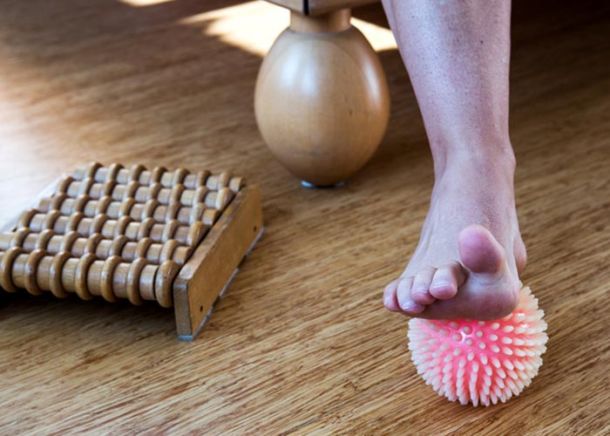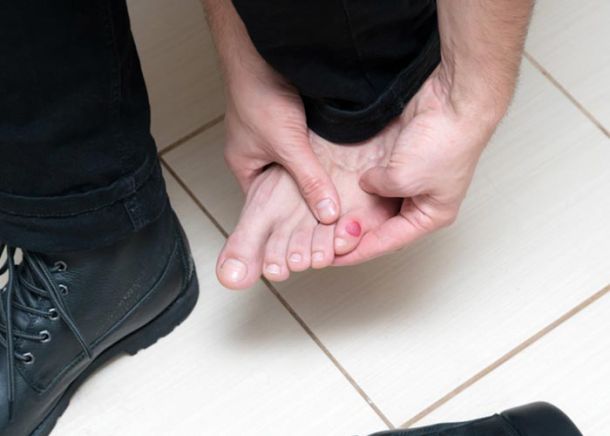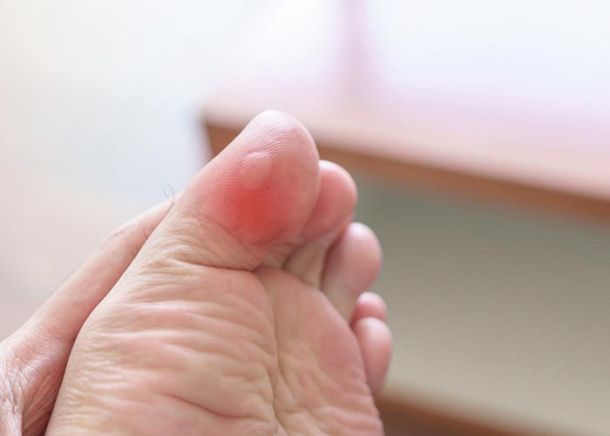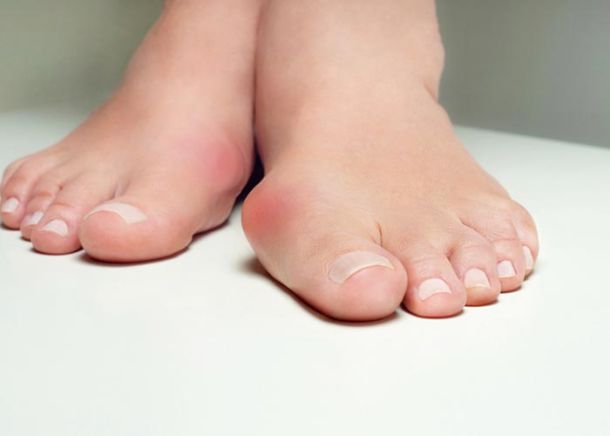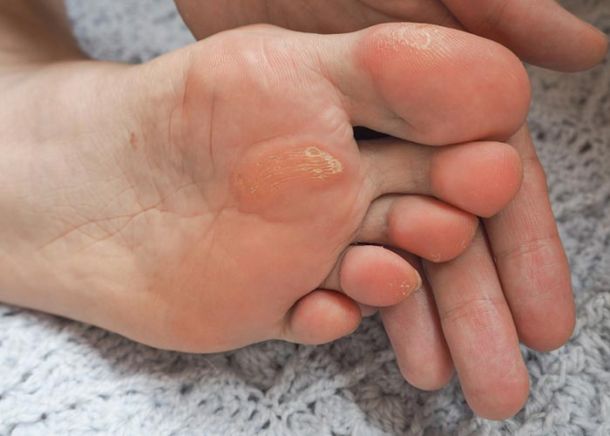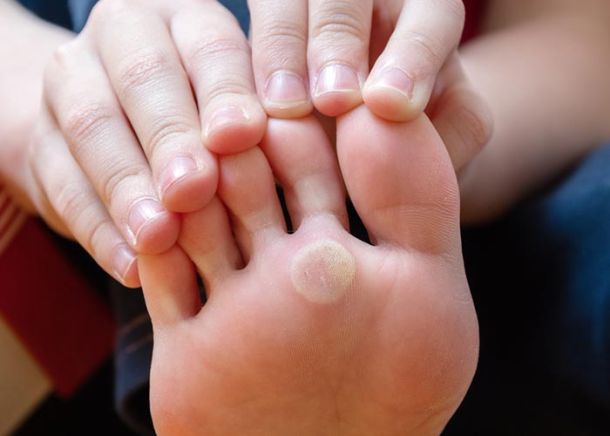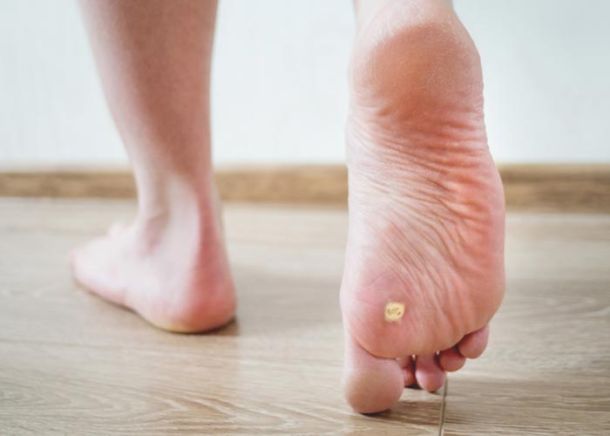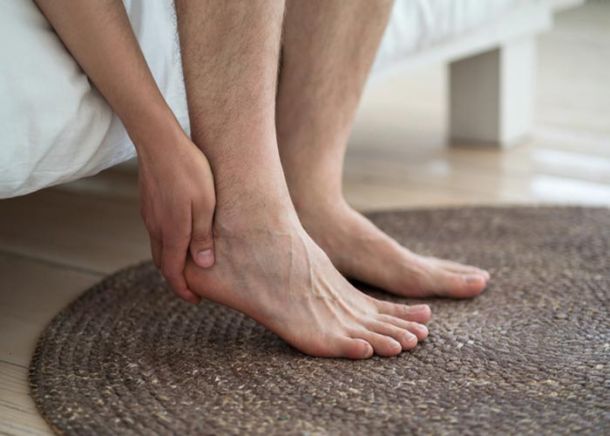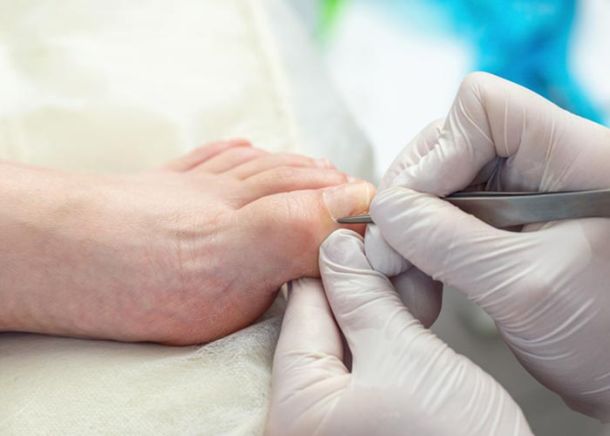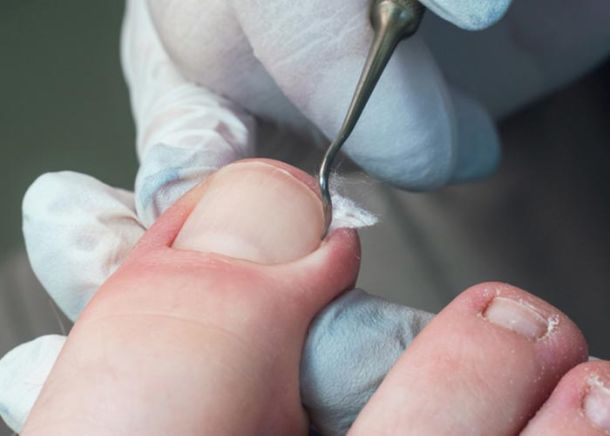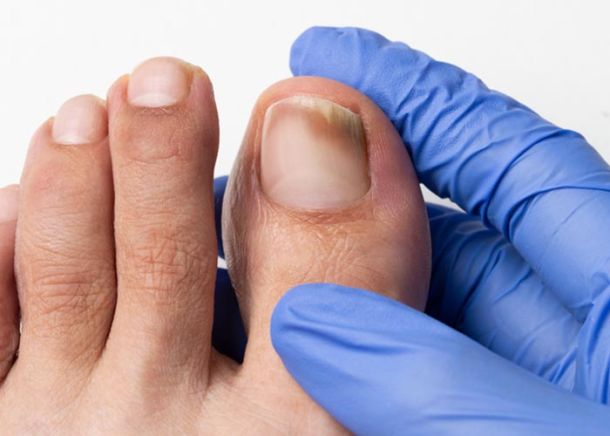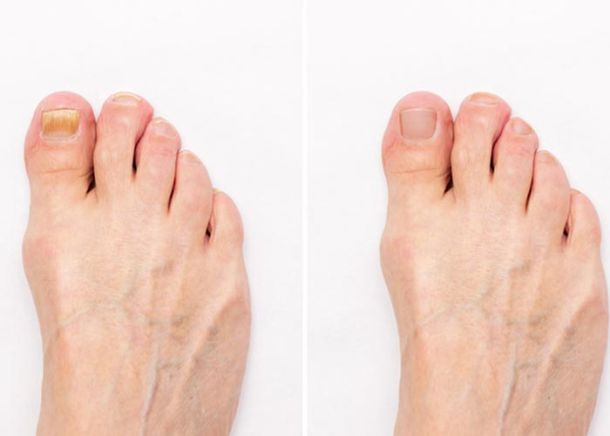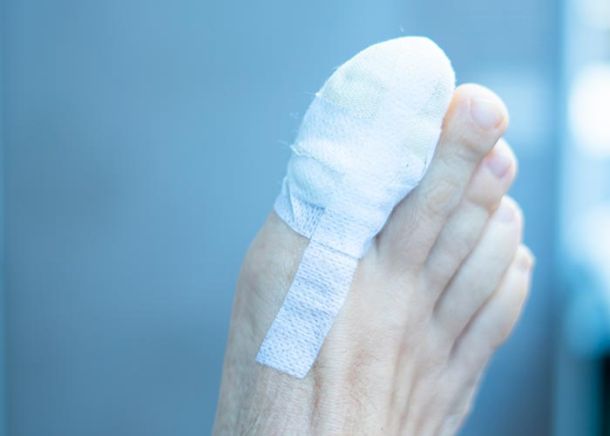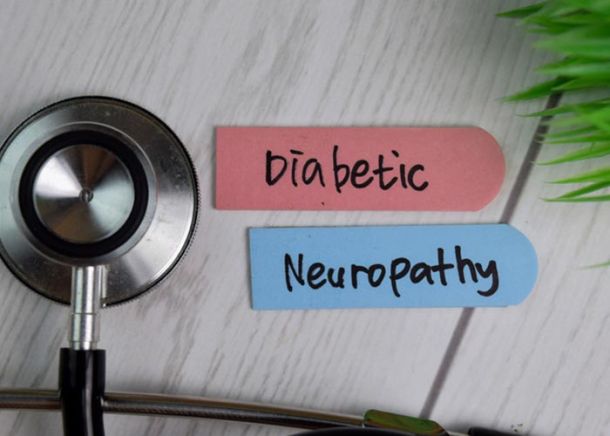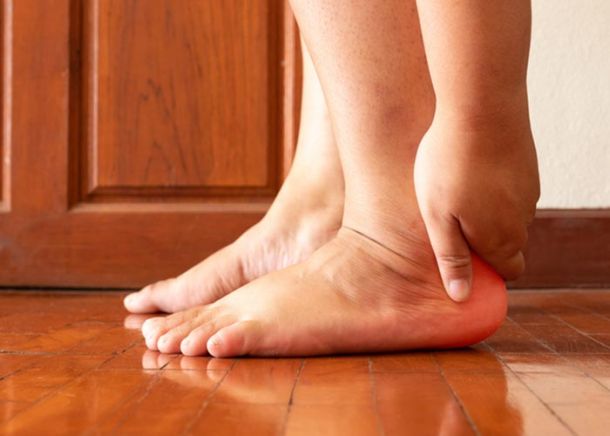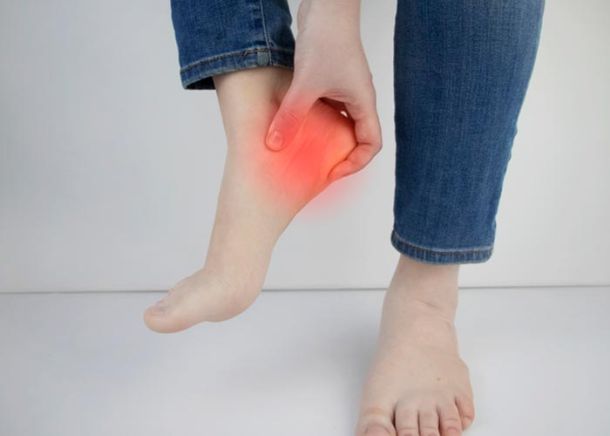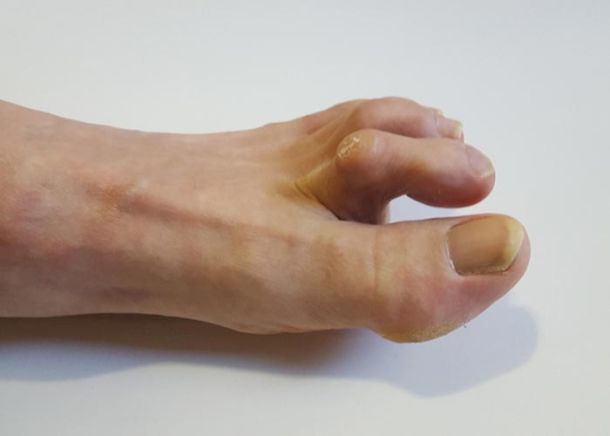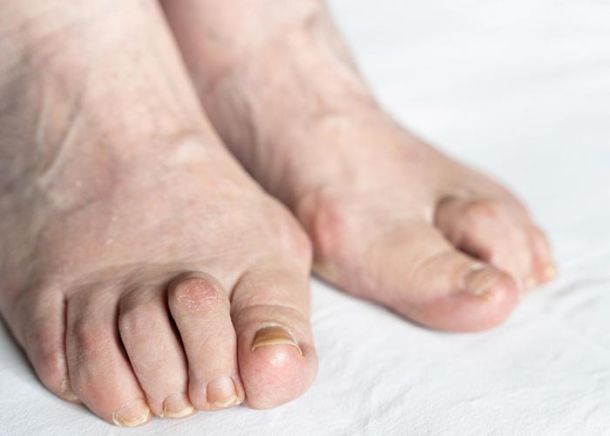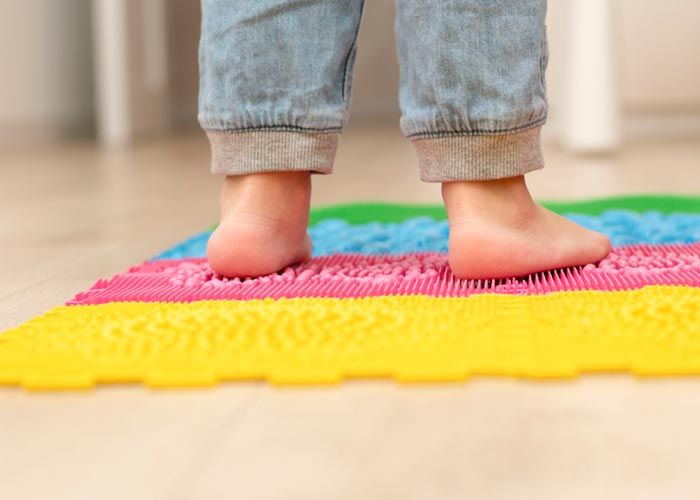Manage Diabetic Neuropathy with Care in Houston, TX
Diabetic nerve pain in your feet requires attention protect your health and prevent serious complications
Manage Diabetic Neuropathy with Care in Houston, TX
Diabetic neuropathy is a progressive condition that affects the nerves in your feet, often resulting in tingling, numbness, or burning sensations. If left untreated, it can lead to serious complications, including ulcers or infections. At Rivera Foot & Ankle, we specialize in early detection and customized diabetic nerve pain control plans to help protect your feet and overall health.
Our Houston diabetic foot doctor offers expert guidance to keep your feet functional and pain free. With personalized care and compassionate attention, Rivera Foot & Ankle is trusted throughout the Heights area. From proactive diabetic foot care Houston residents need to advance treatment strategies, we’re your partner in long term foot health and nerve relief.
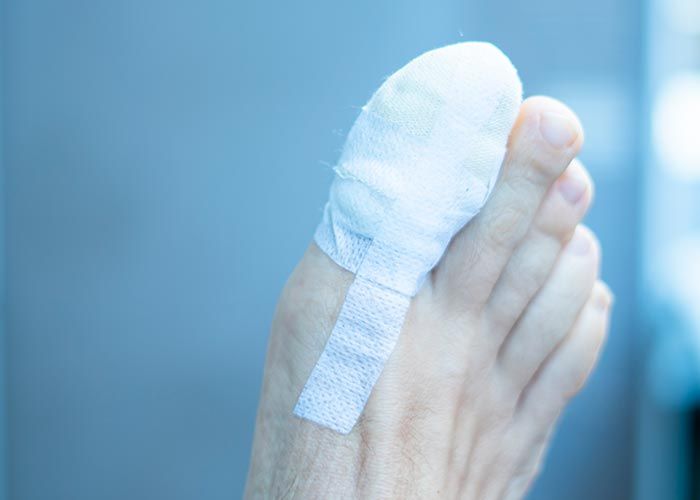
BENEFITS
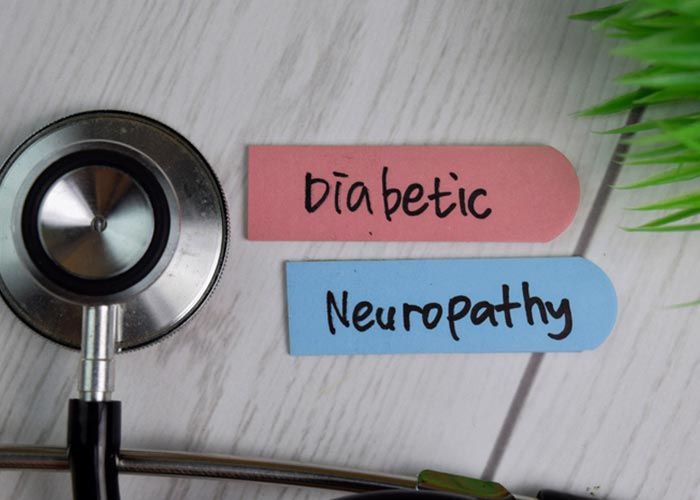
-
1
Early Detection Focus: Our team closely monitors for warning signs such as tingling or numbness to provide timely diabetic foot numbness help and intervention.
-
2
Advanced Treatment Options: We offer Houston nerve pain relief solutions including medications, physical therapy, and lifestyle changes to slow progression and manage discomfort.
-
3
Customized Foot Exams: Each visit includes thorough checks tailored for diabetes foot care clinic needs, detecting pressure points or areas at risk for ulceration.
-
4
Expert Neuropathy Management: With support from a neuropathy podiatrist Houston area specialist, patients receive long term care plans specific to their condition and nerve sensitivity.
-
5
Preventive Care Plans: We build personalized strategies for foot care that reduce complications, promote circulation, and support healing for diabetic nerve damage Houston cases.
-
5
Education and Empowerment: Patients gain insights on footwear, skin checks, and glucose management through Heights foot sensitivity podiatry education sessions.
PHASES OF THE PROCESS

Initial Neurological Evaluation:
We assess your reflexes, sensation, and circulation to identify neuropathy foot symptoms treatment requirements as early as possible.

Vascular and Pressure Testing:
Specialized tools measure blood flow and foot pressure to determine risks and build your Heights nerve damage relief plan.

Customized Treatment Planning:
Based on test results and medical history, we develop a diabetic nerve pain control plan that fits your daily life.

Therapeutic Intervention:
This may include medication, exercises, and circulation boosters from your Heights diabetic foot expert to improve nerve function.

Wound Prevention and Monitoring:
We create a schedule for routine diabetic foot checks and intervene quickly to prevent open wounds or infections.

Patient Education and Support:
We equip you with self care techniques and footwear advice backed by Houston podiatry for neuropathy research and experience.
Don't ignore symptoms like burning, numbness, or tingling in your feet early treatment can prevent serious complications and preserve mobility. Get expert podiatric neuropathy support and protect your foot health today. Call or text (713) 691-9600 today, or fill out our Contact us form to schedule your diabetic foot evaluation in Houston Heights.
MORE SERVICES
ANKLE
At Rivera Foot & Ankle, we provide expert care for all conditions affecting the Ankle, offering both non invasive and advanced treatment solutions. Located in Houston Heights, we’re proud to be a trusted provider for patients dealing with pain, instability, or injuries. Whether you’ve experienced a recent sprain or suffer from chronic ankle pain, our team is dedicated to restoring comfort and mobility through personalized, effective care.
SKIN
At Rivera Foot & Ankle, we provide trusted solutions for a variety of Skin conditions affecting the feet. Whether you're dealing with irritation, infection, or chronic dryness, our expert care is designed to restore health and comfort. Located in Houston Heights, we’re proud to offer advanced treatments that are personalized and effective. Our clinic is a top choice for anyone seeking comprehensive skin care for their feet in the greater Houston area.
CHILDREN
At Rivera Foot & Ankle, we understand the unique needs of growing feet. Our Children category is specially designed to provide pediatric foot and ankle care that is gentle, thorough, and effective. Serving families in the Houston Heights area, we offer a welcoming environment and tailored treatment plans that keep kids comfortable and active. We’re proud to be a trusted choice for parents seeking specialized podiatric care for their children.
SERVICES
At Rivera Foot & Ankle, our comprehensive Services are designed to meet every podiatric need with precision, compassion, and advanced care. Whether you're seeking relief from chronic foot pain, recovering from an injury, or looking for preventive solutions, our team in Houston Heights offers expert level support in a welcoming and modern environment. We take pride in being the go to choice for patients who want effective, long lasting results without compromising comfort or quality.




